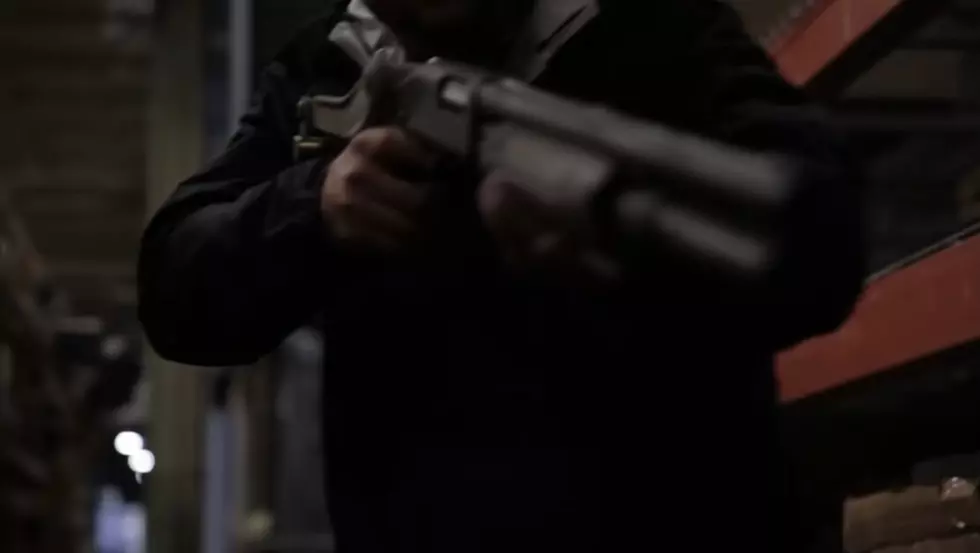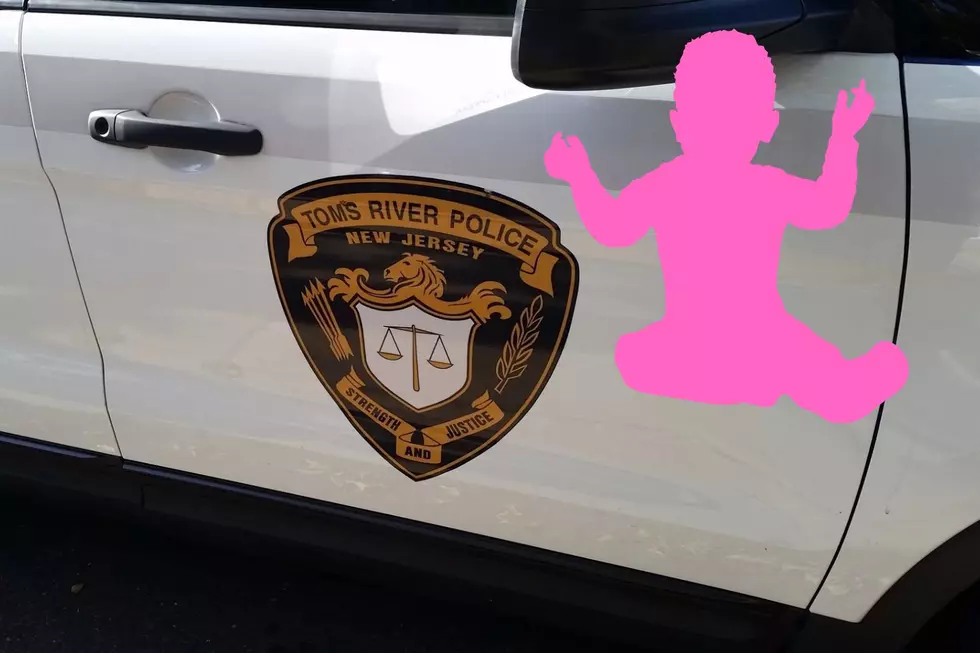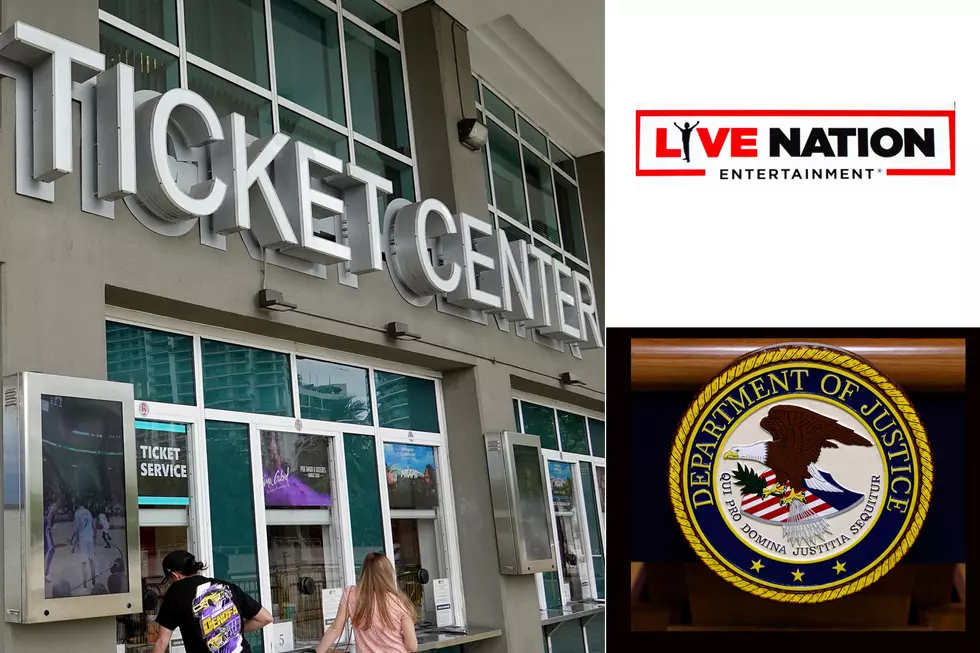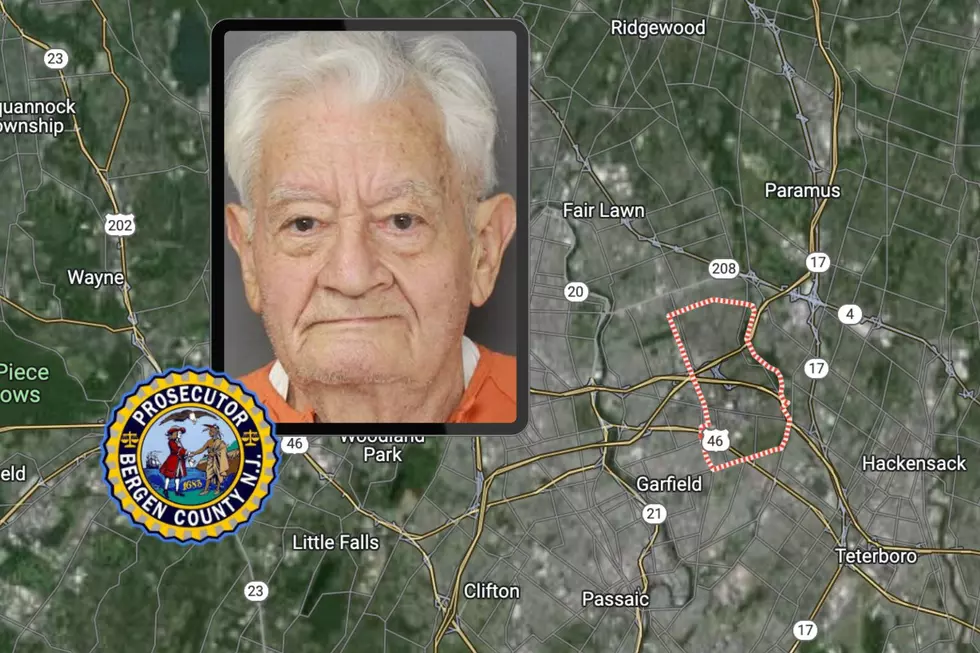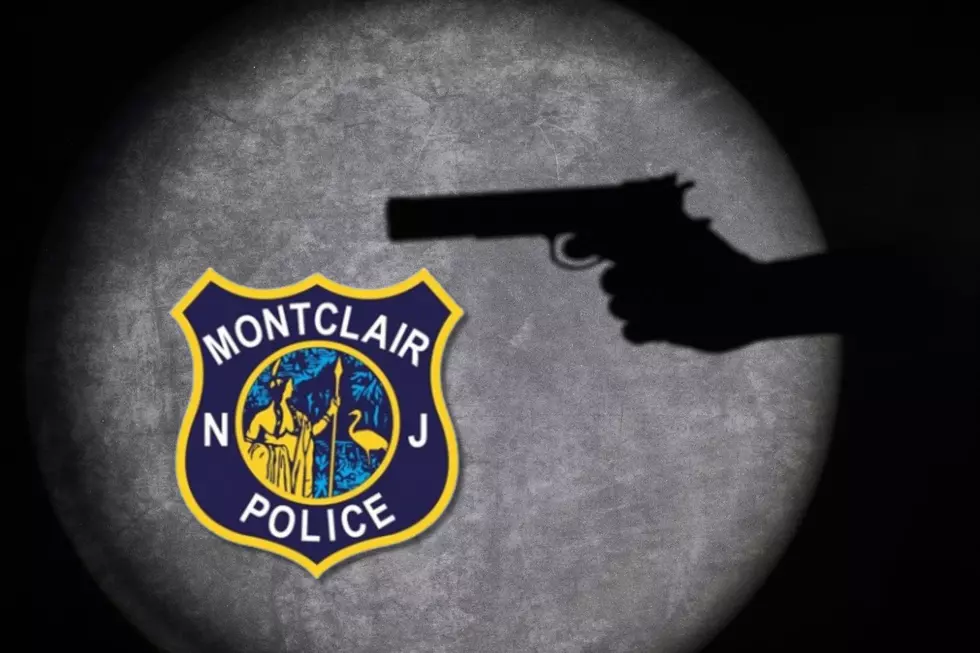
NJ Republicans Help Save Biden Infrastructure Plan, Drawing MAGA Fire
New Jersey's only two Republican members of Congress helped save President Joe Biden's $1 trillion infrastructure plan on Saturday, only to earn the ire of stalwart Trump supporters and conservative activists across the country.
U.S. Reps. Chris Smith, R-N.J. 4th District, and Jeff Van Drew, R-N.J. 2nd District, were among the 13 Republicans to pass the bill in a 228-206 vote. Conversely, the bill was opposed by six of the most progressive Democrats who wanted the infrastructure spending tied to a more comprehensive social and environmental package.
Biden called the bill's passage a “monumental step forward for the nation" and said the investment would eventually be seen as “when America decided to win the competition of the 21st century” with China.
But conservative activists called the Republicans "traitors," promising to challenge them in their primary races next year. Smith was called a "RINO," Van Drew, who switched parties to support then-President Donald Trump for re-election, was termed a "quisling" by one top tweet on Twitter.

The most caustic rhetoric, including from sitting members of Congress, included characterization of the bill — which would spend billions on improving New Jersey highways and rail commutes and expand access to high-speed internet in rural areas — as a communist or socialist plot.
"On Tuesday, the American people rejected the Democrats platform and by Friday Republican traitors locked arms with Nancy Pelosi to pass Joe Biden’s communist takeover of America," tweeted Georgia U.S. Rep. Marjorie Taylor Greene, who was stripped of her committee assignments by Republicans who found her too extreme.
"Pelosi did not have the votes in her party to pass this garbage," said Colorado U.S. Rep. Lauren Boebert on Twitter. "Time to name names and hold these fake republicans (sic) accountable."
Van Drew on Sunday pushed pack on the criticism by outlining his opposition to the president's broader agenda.
"I have already VOTED AGAINST, spoke out AGAINST, and will continue to OPPOSE President Biden's so-called 'Build Back Better' reconciliation bill regardless of the final price tag," Van Drew's statement said.
What I voted for last night was a bipartisan infrastructure bill that passed with broad Republican and Democrat support in the United States Senate and the overwhelming majority of which was the REAUTHORIZATION of all EXISTING federally funded transportation projects across the country. I also voted to invest an additional $550 billion in our nations' roads, bridges, dams, airports, seaports and mass transit systems as well as to secure our vulnerable electric grid, replace our aging drinking water systems and expand access to broadband internet particularly in rural areas.
Gov. Phil Murphy, fresh from a close-call election, hailed the passage of the bill.
"The Bipartisan Infrastructure Bill delivers billions of dollars for the Gateway Program, the largest critical infrastructure project in the United States, bringing commuters the relief that they deserve," Murphy said Saturday.
"This legislation also includes significant funding for the expansion of broadband internet, addressing a key issue that impacts underserved areas of New Jersey and will be a gamechanger for those residing in them. I congratulate the President and our congressional delegation on this step forward for all New Jersey residents.”
What's in the bill? Roads and bridges
The bill would provide $110 billion to repair the nation's aging highways, bridges and roads. According to the White House, 173,000 total miles or nearly 280,000 kilometers of America’s highways and major roads and 45,000 bridges are in poor condition. And the almost $40 billion for bridges is the single largest dedicated bridge investment since the construction of the national highway system, according to the Biden administration.
What's in the bill? Public transit
The $39 billion for public transit in the legislation would expand transportation systems, improve accessibility for people with disabilities and provide dollars to state and local governments to buy zero-emission and low-emission buses. The Transportation Department estimates that the current repair backlog is more than 24,000 buses, 5,000 rail cars, 200 stations and thousands of miles of track and power systems.
What's in the bill? Passenger, freight rail
To reduce Amtrak's maintenance backlog, which has worsened since Superstorm Sandy nine years ago, the bill would provide $66 billion to improve the rail service's Northeast Corridor (457 miles, 735 km), as well as other routes. It’s less than the $80 billion Biden — who famously rode Amtrak from Delaware to Washington during his time in the Senate — originally asked for, but it would be the largest federal investment in passenger rail service since Amtrak was founded 50 years ago.
What's in the bill? Electric vehicles
The bill would spend $7.5 billion for electric vehicle charging stations, which the administration says are critical to accelerating the use of electric vehicles to curb climate change. It would also provide $5 billion for the purchase of electric school buses and hybrids, reducing reliance on school buses that run on diesel fuel.
What's in the bill? Internet access
The legislation's $65 billion for broadband access would aim to improve internet services for rural areas, low-income families and tribal communities. Most of the money would be made available through grants to states.
What's in the bill? Modernizing electric grid
To protect against the power outages that have become more frequent in recent years, the bill would spend $65 billion to improve the reliability and resiliency of the power grid. It would also boost carbon capture technologies and more environmentally friendly electricity sources like clean hydrogen.
What's in the bill? Airports
The bill would spend $25 billion to improve runways, gates and taxiways at airports and to improve terminals. It would also improve aging air traffic control towers.
What's in the bill? Water
The legislation would spend $55 billion on water and wastewater infrastructure. It has $15 billion to replace lead pipes and $10 billion to address water contamination from polyfluoroalkyl substances — chemicals that were used in the production of Teflon and have also been used in firefighting foam, water-repellent clothing and many other items.
The five-year spending package would be paid for by tapping $210 billion in unspent COVID-19 relief aid and $53 billion in unemployment insurance aid some states have halted, along with an array of smaller pots of money, like petroleum reserve sales and spectrum auctions for 5G services.
What's next?
The infrastructure measure cleared the Senate in August with bipartisan support.
As for the social and environment package, House passage would send it to the Senate, where it faces certain changes and more Democratic drama. That’s chiefly because of demands by Sens. Joe Manchin of West Virginia and Kyrsten Sinema of Arizona to contain the measure’s costs.
Moderates have forced leaders to slash the roughly 2,100-page measure to about half its original $3.5 trillion size. Republicans oppose it as too expensive and damaging to the economy.
The package would provide large numbers of Americans with assistance to pay for health care, raising children and caring for elderly people at home. It's got $555 billion in tax breaks for cleaner energy and electric vehicles. Democrats added recent provisions restoring a new paid family leave program and work permits for millions of immigrants.
The Associated Press contributed to this report.
LOOK: Here are the pets banned in each state
The 10 most-lobbied bills in Trenton in 2020 and 2021
Incredible, heartbreaking images of Ida's damage in New Jersey
More From WPG Talk Radio 95.5 FM
